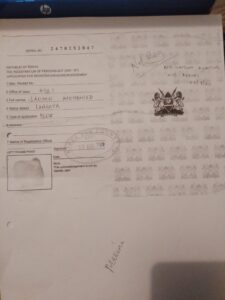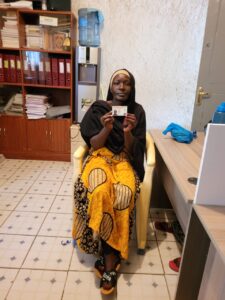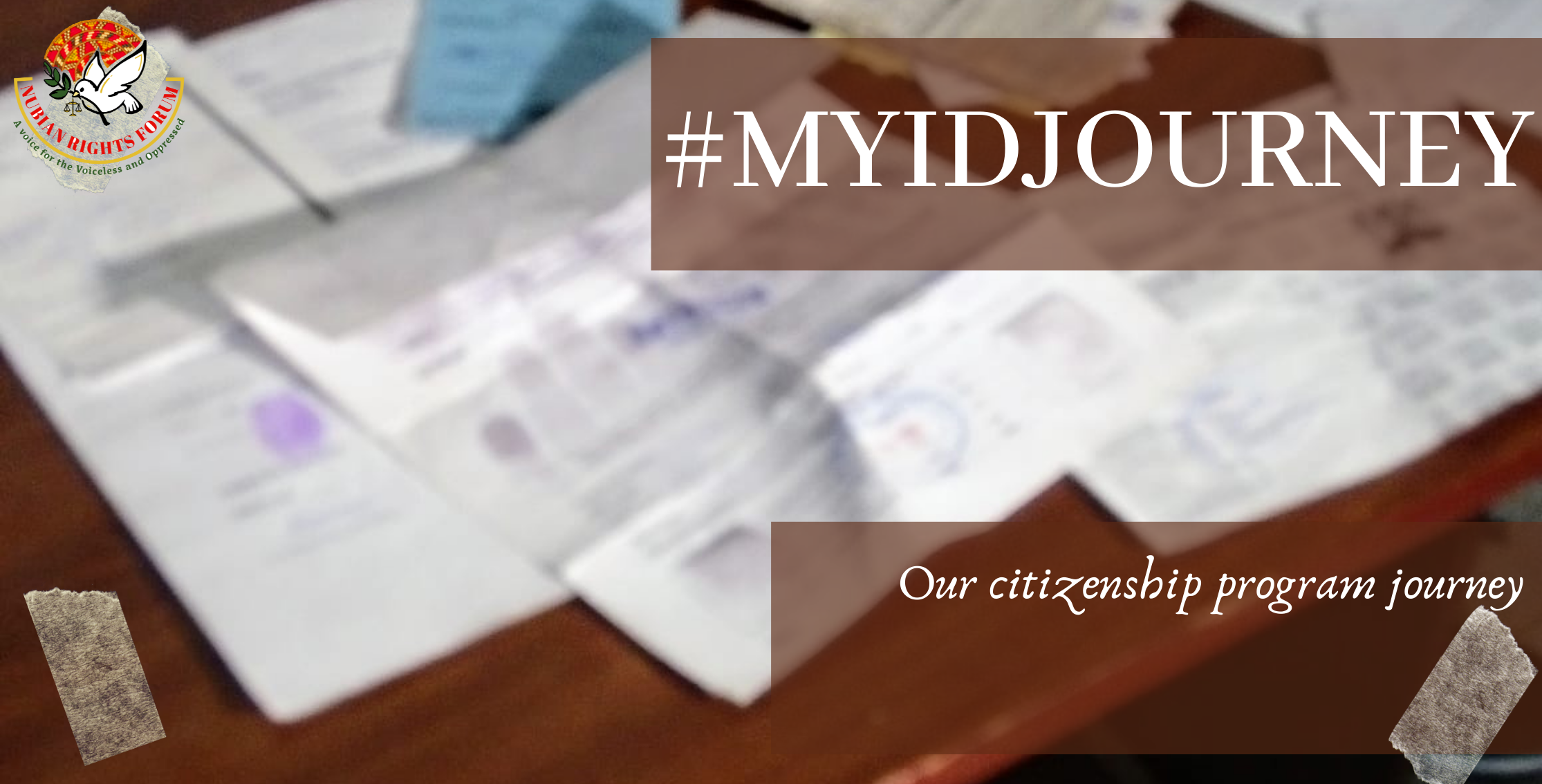Compiled and written by Makah Yussuf and Maseke Rioba
Cases of Nubians at risk of statelessness waiting ages to get their identification cards, or being denied an opportunity for documentation contribute to the challenges communities at risk of statelessness face globally. Communities at risk of statelessness highlight, through their experiences, the level of neglect from the government against minority groups and groups at risk of statelessness. Documentation is the first stage to enjoying one’s economic, social, cultural and political rights. However, when one is denied citizenship by the state, in spite of being born in the country, to parents who were born in the country, vetted and documented, then the pattern raises questions on the true intentions of the state towards these groups. This year, as we continue to pursue justice for the Nubian community and ensure they get documented, we shall celebrate the wins, evaluate the learning curves, expose the flaws in the system and empower our readers with information and knowledge about the community.
Today, we celebrate Saumu Mohammed’s win;

At 34 years old, Saumu Mohamed finally has a number that identifies her as a Kenyan citizen. Four years after realizing why the document was significant. Saumu did not apply for documentation when she was 18 years old because of lack of awareness on the significance of documentation, and lack of information on how to apply for documentation. In 2018, at 30 years old, Saumu was at the elder’s vetting, still trying to grasp the gravity of the situation because being a single parent, her child needed a birth certificate to go to school. But the child would not get this document because the mother was not documented. She met our Paralegal Makah Yusuf who has helped her through the process for the next four years.
It took a mother, who needed documentation for her child to access her right to education, four years, to get her identity card. She managed to register her child in school with her birth notification but the notification can only hold the child in school for so long. The challenge of documentation begins from the underlying socio-economic challenges an individual has that limit their access to information. In Saumu’s case; aside from lack of awareness, her mother passed away while she was young, and her elder sister who raised her also passed away. Both deaths were not recorded. Lack of those records, especially for communities who are mandated to go through vetting, makes it hard to prove that one is a Kenyan citizen- even if they are.

One lesson from Saumu’s story is that when clients know about documentation, they make effort to get documented. If the process were smooth, then clients would present themselves for their records to be taken. However, due to the stringent measures that frustrate clients, some of them give up. Saumu began her struggle for documentation in 2012 after she was released from custody. Her’s was particularly difficult because she has no document to speak for her case and the traces that would have made her case believable were a string of bad events. The learning institution she attended was demolished to pave way for roads. There was no hospital record to determine her age. The registrar advised that she go to a government district hospital for her age to be determined by the special doctor, where she was determined to be 30 years old.
The process of vetting further complicates the situation for most clients because one cannot be vetted without the presence of a guardian. Saumu attended national vetting but was rejected for failing to have someone to stand for her. It was challenging to get someone to assist her and the stalling made her give up. Communication between our office and her was also a barrier because she did not have a mobile phone.
Minority communities also get the crumbs of the cake in society. Similarly, due to the COVID-19 pandemic, vetting was pushed and government offices were closed. When offices resumed, the vetting office remained closed and were only opened when activists complained about the discriminatory and preferential treatment in public offices. Consequentially, she could not apply kazi kwa vijana, she could not apply for her child’s birth certificate since she was a single parent, and she could not get government relief; both monetary and in kind, as both required presentation of identification cards.
The breakthrough finally came from an idea from our paralegal Makah, who asked an elder to stand in as her guardian during the national vetting. The rest is history. She finally applied for that identification card. 1st of February 2022 remains a very happy day for Saumu Mohamed because she was finally issued with her ID card after struggling for five years. Now she can apply a birth certificate for her 10 years old child whom she enrolled to school with a hospital notification.

For our paralegal Makah, the five-year struggle was because of the child. ‘I always followed up because her daughter would one day face the same challenges.’ Says Makah. The five-year struggle has been a learning curve for us as an organization, for our paralegals and for our client. Hopefully, the lessons garnered can help the government at large to streamline processes that affect generations, and the well-being of individuals in society.
